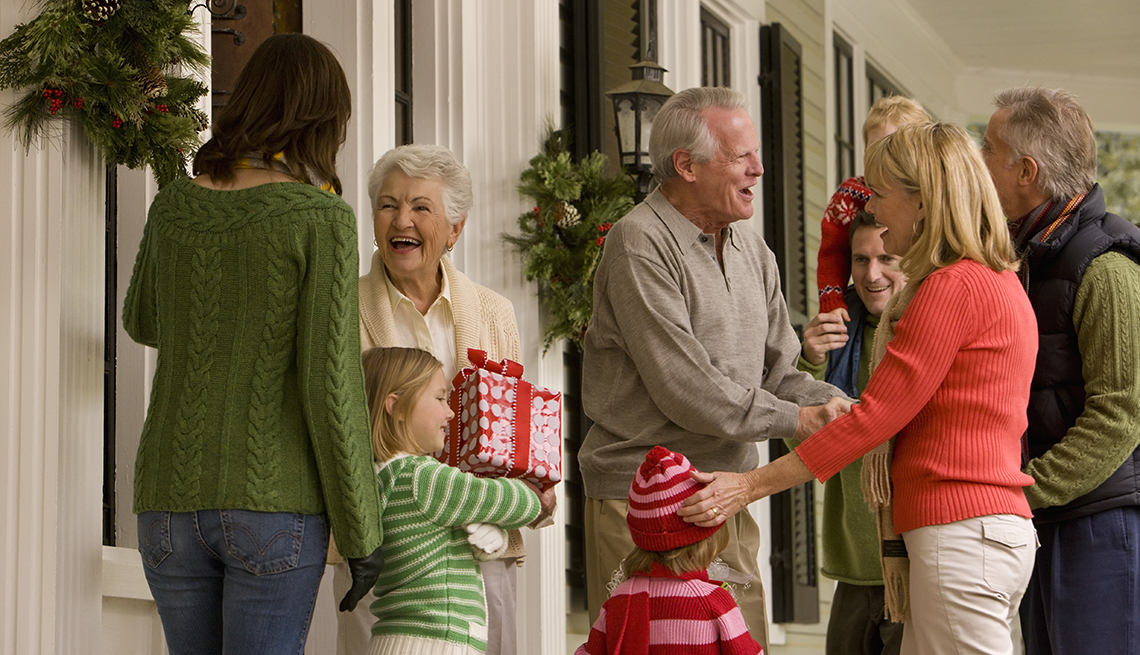
How to assess your holiday risk tolerance
- Select a language for the TTS:
- UK English Female
- UK English Male
- US English Female
- US English Male
- Australian Female
- Australian Male
- Language selected: (auto detect) - EN
Play all audios:

Among 3,035 adults age 18 and older polled, more than one-third say it has been more stressful to make day-to-day decisions (36 percent) as well as basic life decisions (35 percent) compared
to life pre-pandemic. The national Stress in America 2021 survey conducted by Harris Poll also found that 32 percent said coronavirus has them so stressed they have trouble making basic
decisions such as what to wear or what to eat. “Pre-pandemic, most of us had daily routines and some of the decisions were just part of the routine. We didn’t think about it,” says Bufka.
She says perceptions about COVID risk keep changing and that affects “the cognitive load — how much we have to hold in our heads to process the world around us.” “Recognizing that, it’s
not so surprising that decision-making is more stressful,” she says. “It’s harder to make a decision to do something that has some potential risk to it, even if it has the potential for
really good things.” For Hayley Head and her husband, Tim Glasser, of the Columbus, Ohio, suburb Upper Arlington, the holidays are definitely different from last year. “We were very
cautious,” Glasser, 63, says. “Numbers were going up during the holidays. All our family members understood. We had Thanksgiving dinner at home and did curbside deliveries to our children.”
Head says opening gifts last Christmas took place over Zoom. “We were alone for Christmas dinner and I sat down and cried,” Head, 58, says. “We missed our family.” Since then, one son, his
wife and 2-year-old daughter moved to Greensboro, North Carolina, for work, but Head says this Christmas, they’ll share the holiday with their other two children and their significant
others. “Human beings, when given the time, are always doing a value exchange, weighing the benefits to them and what they are giving up in return,” psychologist Arathi Sethumadhavan says in
an article in the November/December 2021 issue of the magazine _APA Monitor on Psychology_. ARE YOU READY TO PARTY? With the pandemic lingering, such judgment calls are different, creating
a unique situation, says Baruch Fischhoff, a research psychologist who studies decision-making at Carnegie Mellon University in Pittsburgh.
